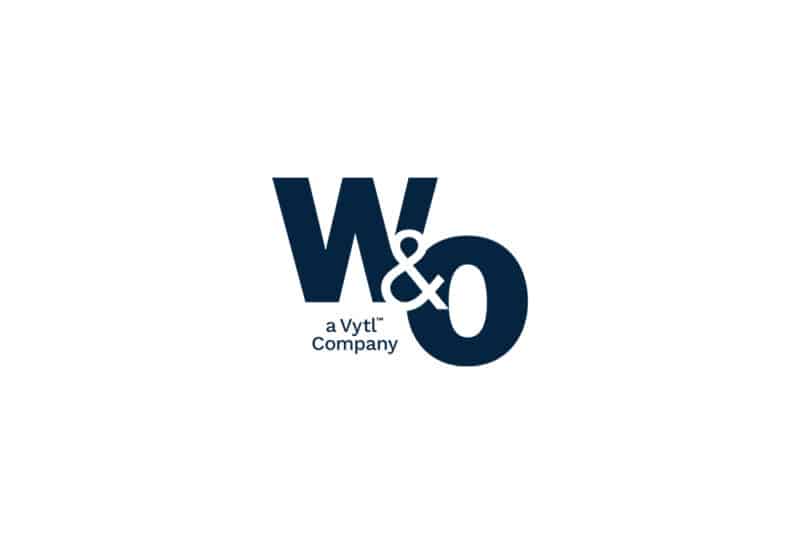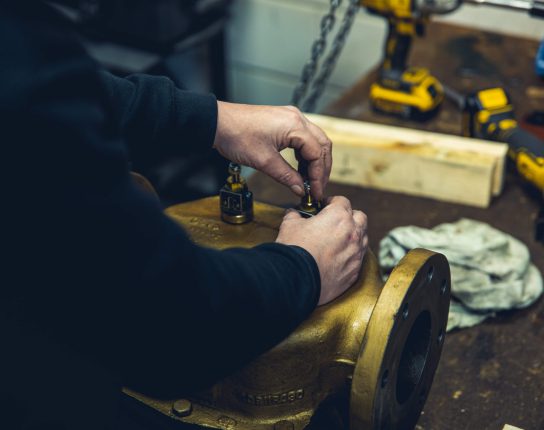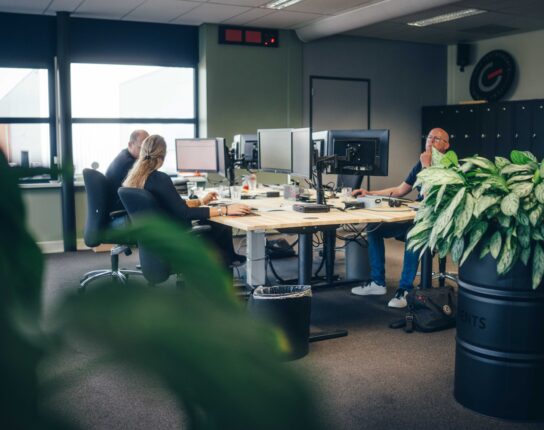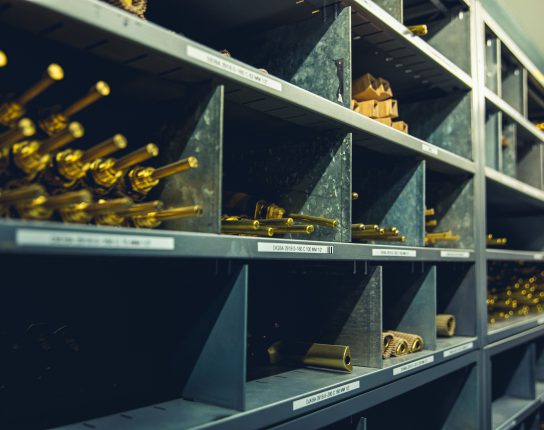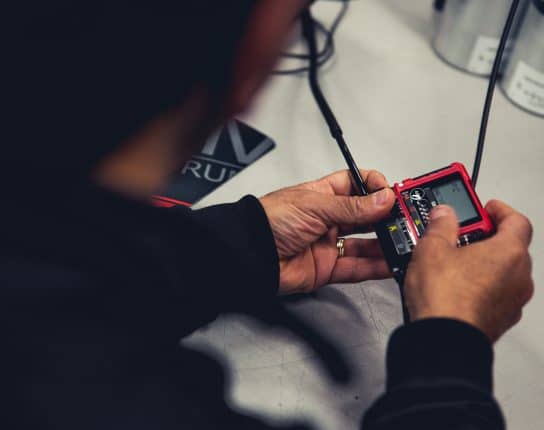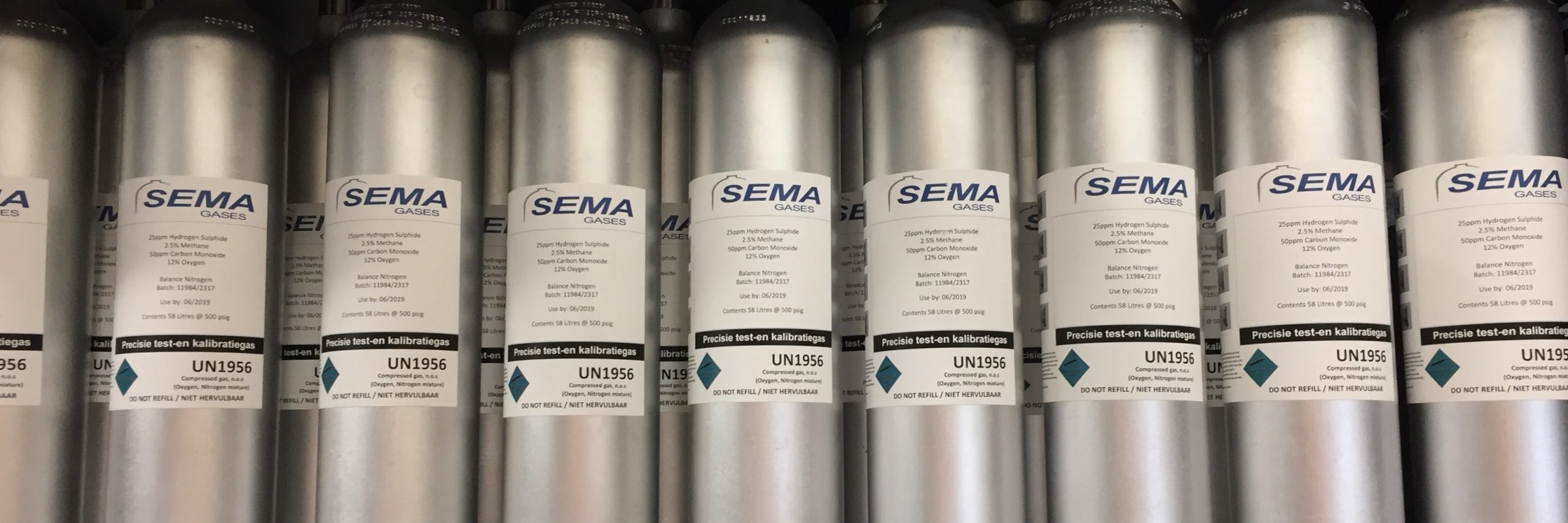
Calibration of gas detectors
What is a gas detector?
A gas detector is an instrument that detects the presence of gases in an area or a room (for example, in confined spaces of ships). A detector could be a portable instrument that a person carries with him for personal safety or a fixed gas detection system that controls the security of an area or a confined space. Gas detectors are used to detect combustible gases, toxic gases and oxygen. When an unsafe situation occurs due to a gas leak the gas detector will give a sounding alarm, a visual alarm and a reading in the display. These signals will give a person or persons the warning of the presence of an unsafe situation and gives a person or persons, as a result, the opportunity to leave the dangerous area or confined space.
Gas detectors are used in the industry, shipping, offshore, (petro) chemical industry, firefighting, etc. But with buying a gas detector alone, you are not quite there yet.
Annual service of a gas detector
Annual service of a gas detector is the inspection and (if necessary) repair and calibration of a gas detector by an authorised company once a year. In the shipping industry, the regulation is that gas detectors should be serviced by an authorised company once a year. On land, gas detectors should have service every six months. The authorised company, in the first instance, inspects the gas detector for proper operation. If a detector has a defect, this should be repaired. An error is often caused by a single defect sensor or more defect sensors. After inspection and (if necessary) repair, the gas detector will be calibrated with calibration gas and will be provided with a calibration certificate with a validity of one year or 6 months (depending if the device is used in the shipping or is used on land).
In the shipping industry, the regulation is that gas detectors should have service by an authorised company once a year
Self-calibration of gas detectors
Besides the annual service of a gas detector by an accredited company, the user of the gas detector should calibrate the gas detector with calibration gas regularly to be sure the sensor operates correctly before using the gas detector. There are two ways to check the proper operation of the gas detector: a bump test or a calibration.
What is a bump test for gas detectors?
A bump test means holding the gas detector to a level of calibration gas long enough to cause an alarm. With this method, only sensor functionality is ensured. For carrying out a bump test calibration gas is needed. A bump test checks that a gas detector works at all. It is to be advised to bump test the sensor and to check the alarms before every use. The reason for this is to be confident the gas detector is operating properly. If the sensor fails a bump test, it should be recalibrated. If the device fails calibration, a service company or the manufacturer should be contacted.
What is calibration for gas detectors?
Calibration of gas detectors is done using an internal menu within the gas detector. This requires an exact blend of calibration gas to re-establish the accuracy of the sensor or sensors of the gas detector. Calibration of gas detectors ensures the gas detector works accurately. It is important to check the expiry date of the calibration gas before starting a calibration. Also, it is important to use a calibration gas with precisely the gas concentration or gas concentrations necessary for a particular brand and type of gas detector. Before calibration, the device should have a zero. Zeroing the sensor should take place in a room with clean air or by using a Zero Air cylinder. As a result of zeroing the gas detector, it can be calibrated. If the gas detector fails calibration, a service company or the manufacturer should be contacted. If you want your gas detector calibrated again according to international regulations, including retractable certification, please contact us.
Related
More of the same